Your cart is currently empty!
Tag: CarbonSequestration
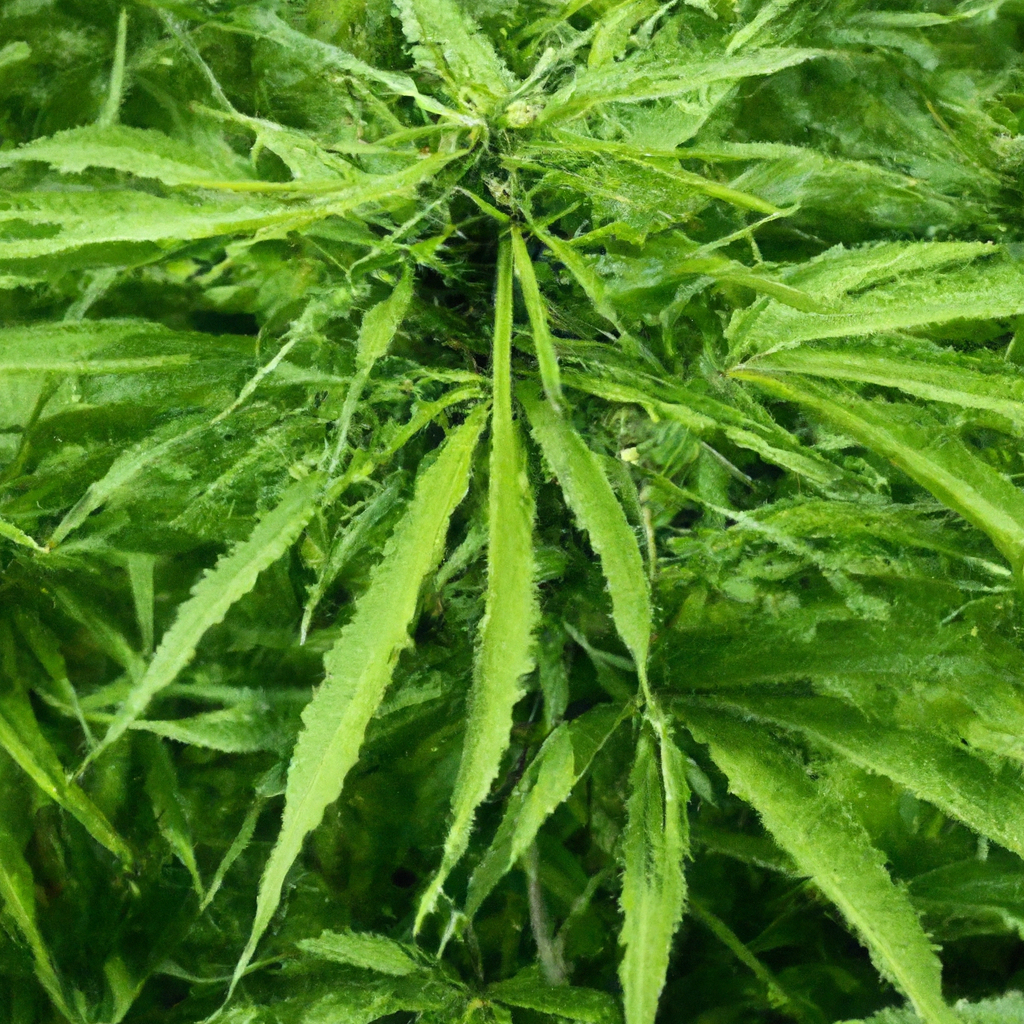
Cannabis, particularly hemp, is emerging as a promising player in the renewable energy sector with potential contributions to biofuel production, bioplastics, and carbon sequestration. Hemp offers high biomass yield, eco-friendly cultivation, and is rich in cellulose suitable for ethanol and methanol production. Its biodegradable bioplastics can lessen environmental burdens, while its cultivation aids carbon capture…

In the dynamic field of cannabis cultivation, carbon sequestration emerges as a promising technique for enhancing yields and promoting sustainability. This process involves capturing atmospheric CO2 and incorporating it into plant biomass, boosting growth while benefiting the environment. Strategies like companion planting, cover cropping, and biochar application improve soil health, increase yields, and reduce environmental…
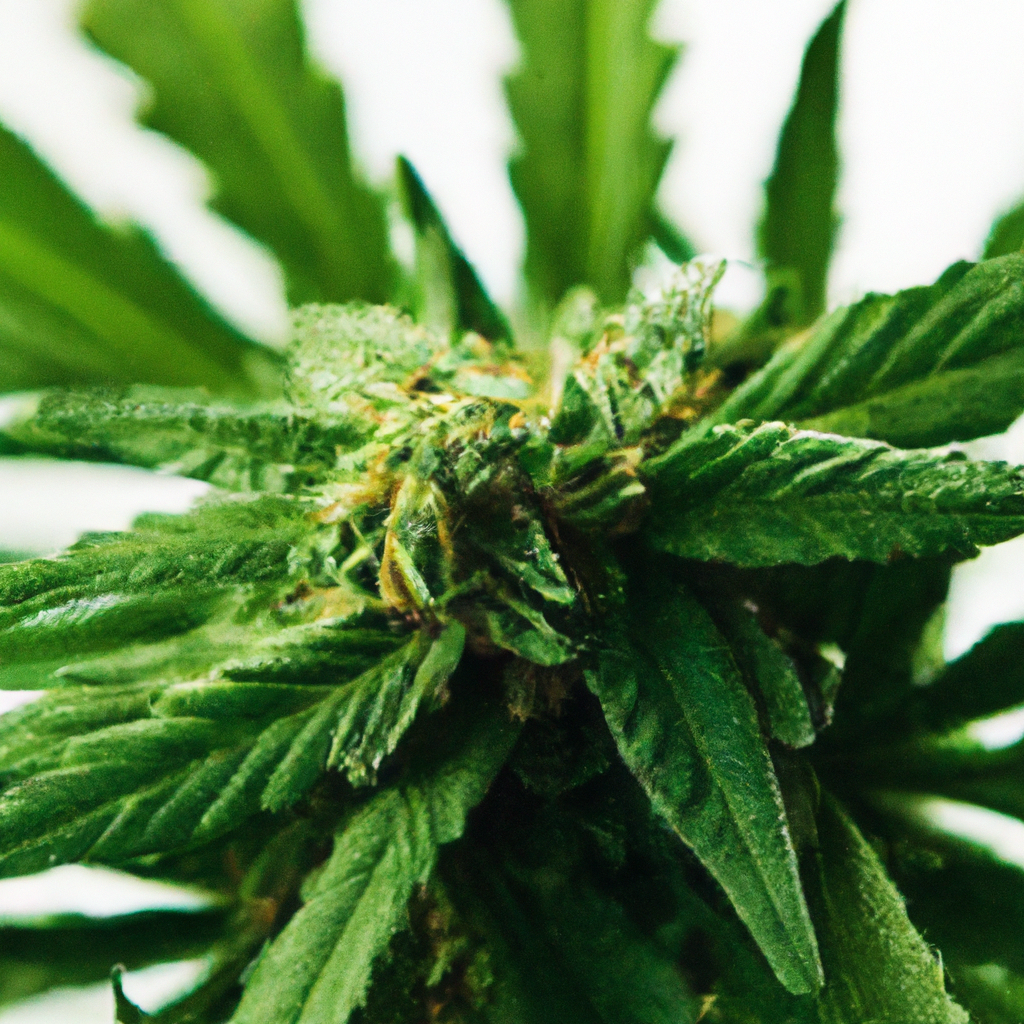
As the world confronts climate change and dwindling fossil fuels, cannabis emerges as an unexpected yet promising contender in sustainable energy production. The blog post highlights the potential of hemp as a biofuel, noting its high cellulose content, which can be converted into cellulosic ethanol—a cleaner alternative to traditional fuels. Hemp’s rapid growth, low water…
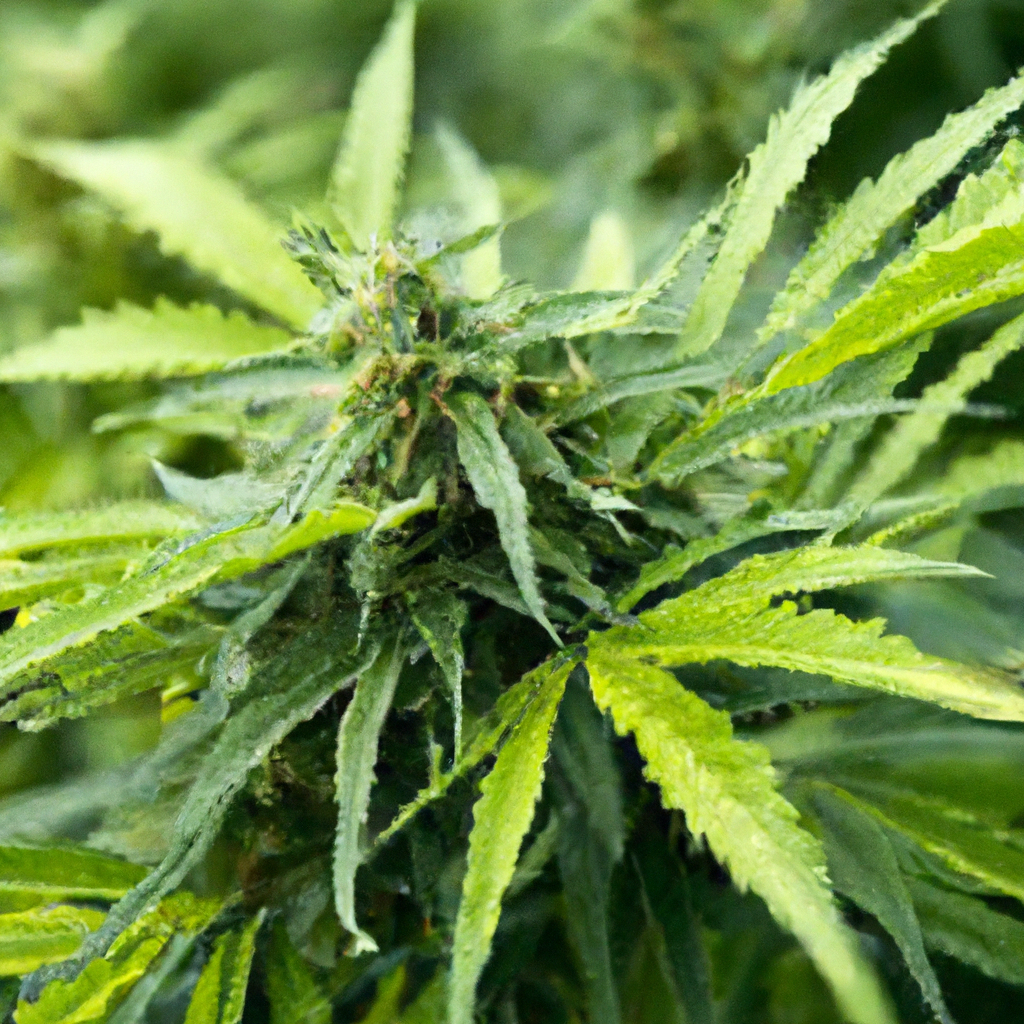
Cannabis is gaining attention for its potential role in environmental preservation and climate change mitigation. With its rapid growth cycle, cannabis effectively absorbs carbon dioxide, assisting in carbon sequestration. Sustainable cultivation techniques are being adopted by farmers, including composting, integrated pest management, water conservation, and renewable energy usage. A case in California showcases a cannabis…
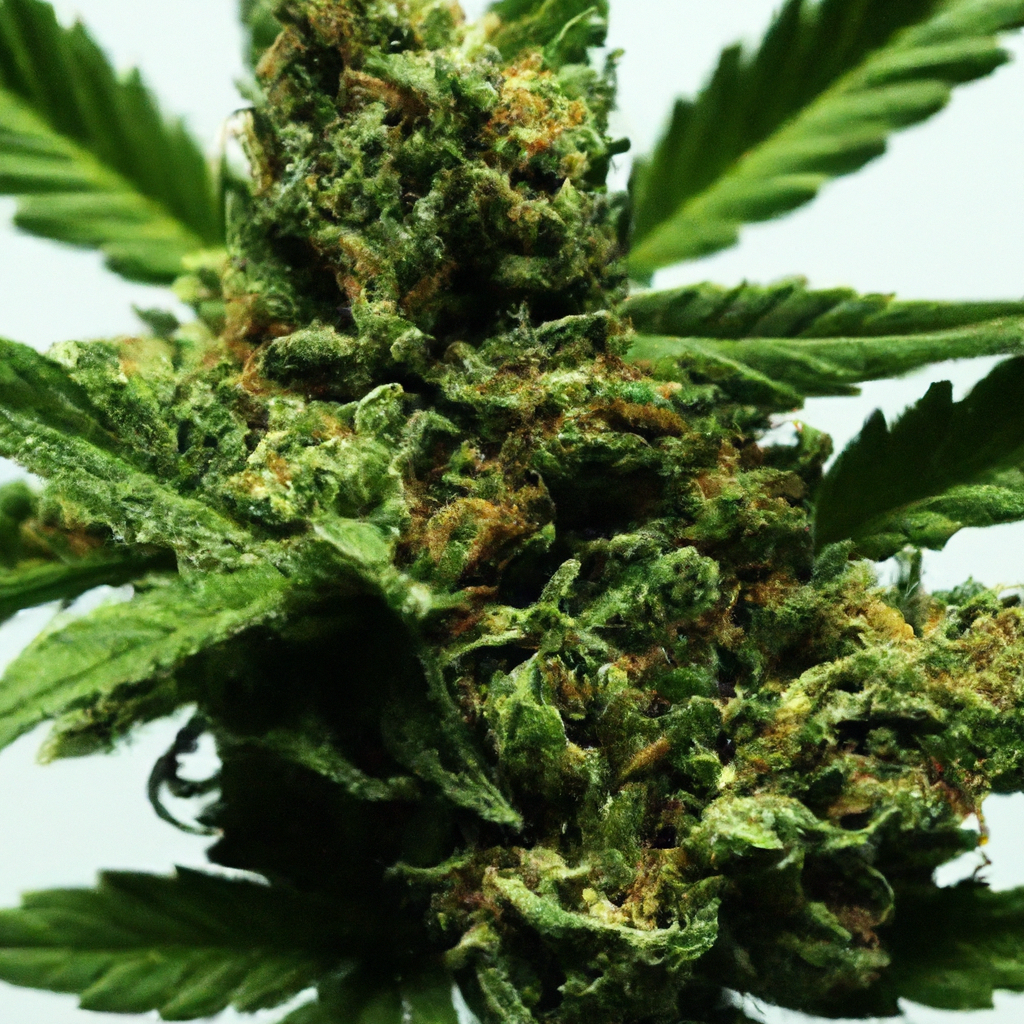
Cannabis is becoming a key player in climate control efforts due to its carbon sequestration capabilities, particularly in hemp varieties, which capture and store atmospheric CO2 effectively. It also contributes to sustainability through hempcrete, a carbon-negative, durable building material, and its role in promoting biodiversity and soil health. Real-world applications, such as hemp farms in…
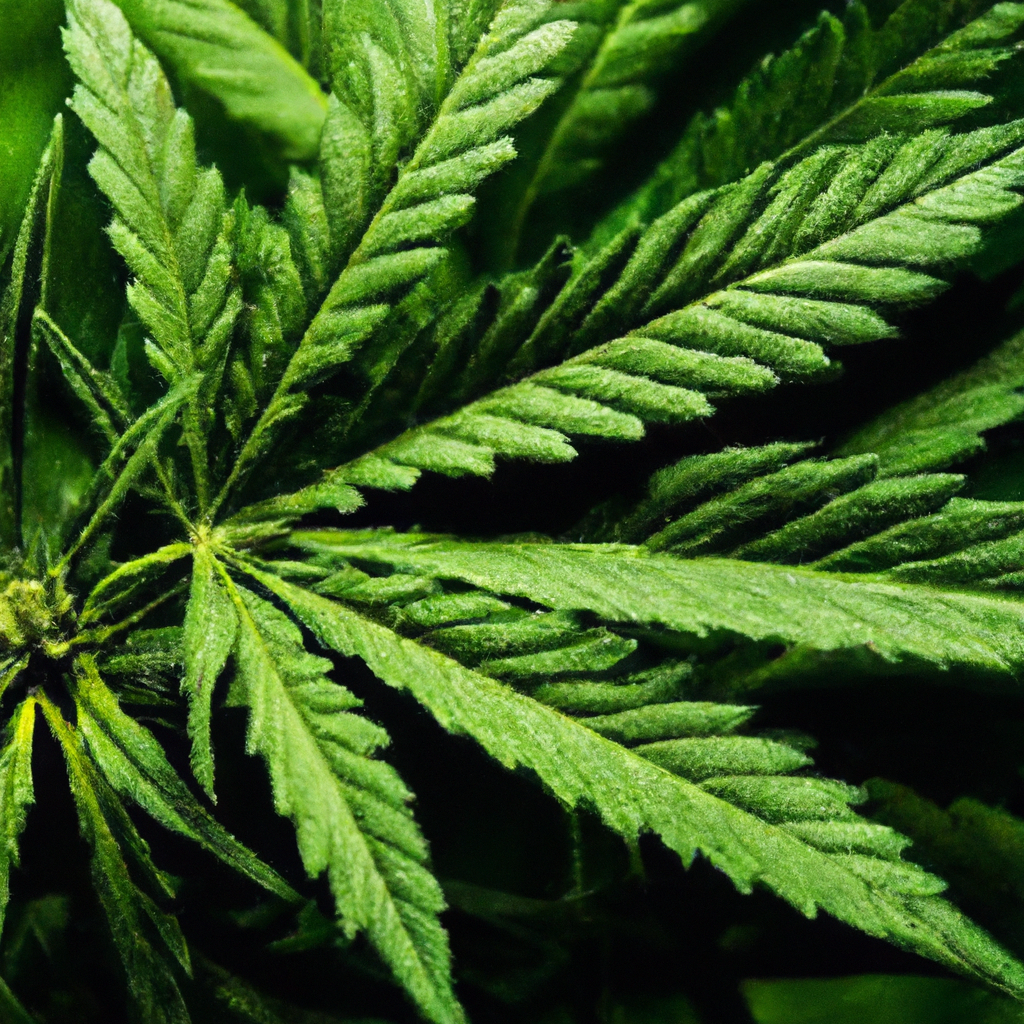
Various industries are turning to innovative solutions for reducing their carbon footprints as climate change impacts become more evident, and cannabis is emerging as a noteworthy ally. This blog delves into cannabis’s potential contributions to a sustainable future, highlighting its impressive carbon sequestration capabilities due to its fast growth and high biomass. Cannabis can enhance…
